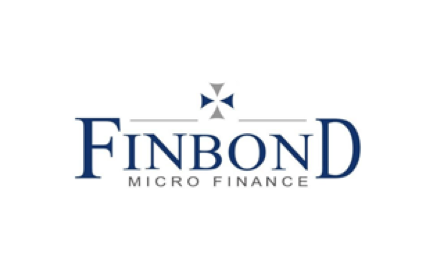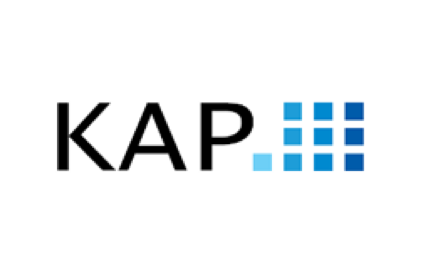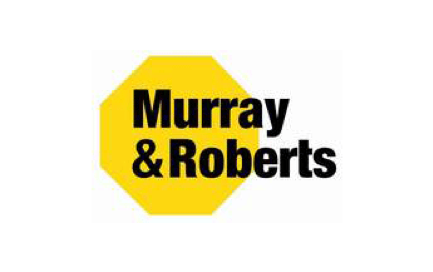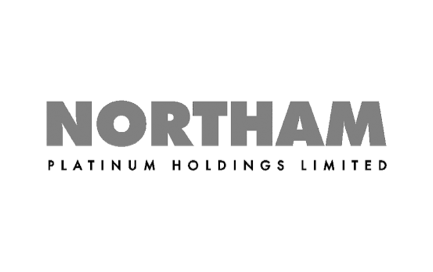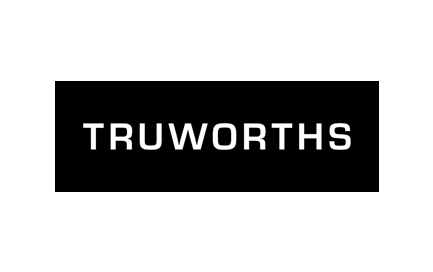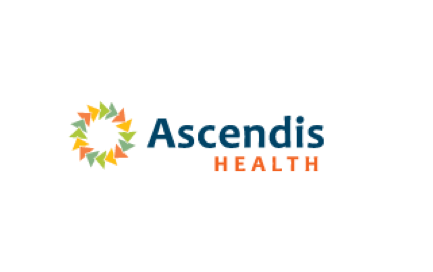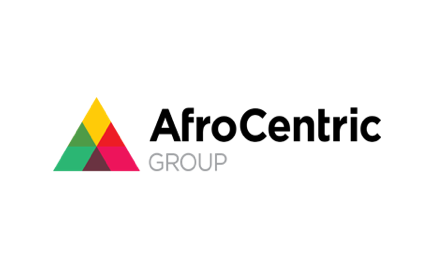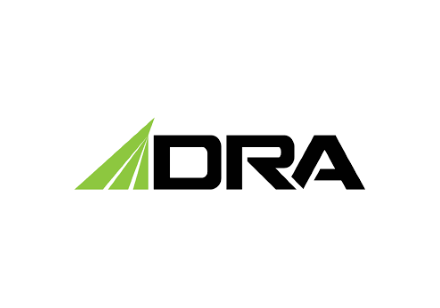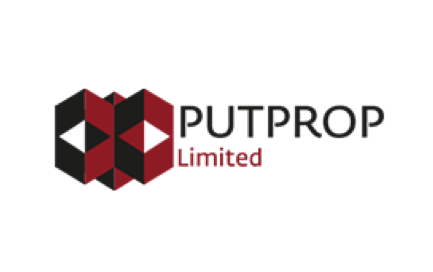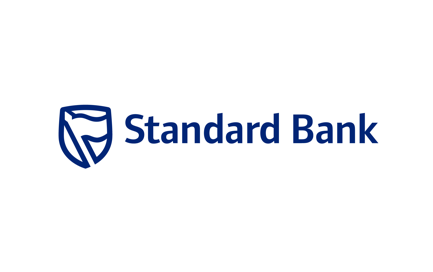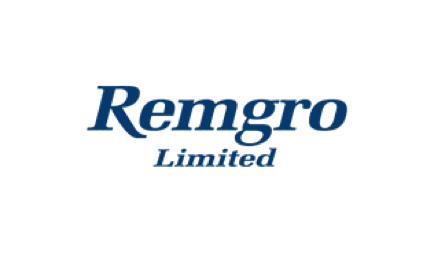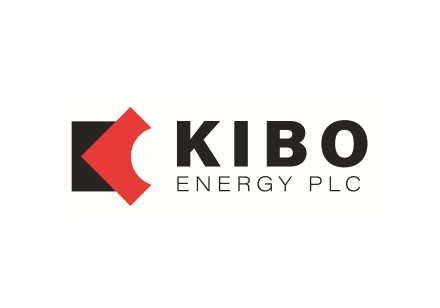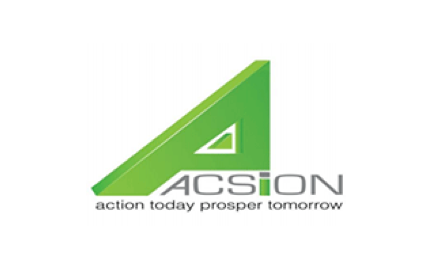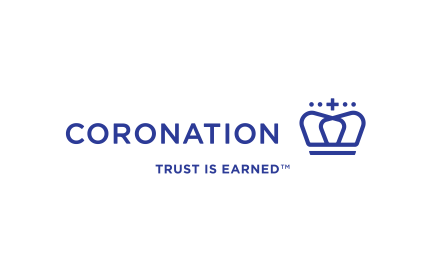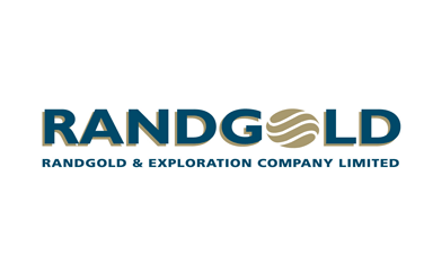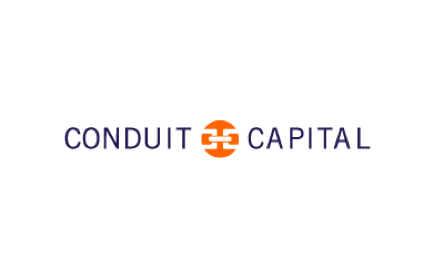Get the latest recap of JSE news in the Ghost Wrap podcast, brought to you by Mazars:
Something is brewing at Finbond (JSE: FGL)
There’s an interesting cautionary announcement
Usually, a cautionary announcement relates to a company either looking at an acquisition or discussing a potential disposal of its assets. Occasionally, we see something else, like the latest announcement at Finbond.
In this case, the company is in discussions with a shareholder regarding a potential corporate action, with no further information given. Of course, the immediate speculation would be that this involves Riskowitz in some kind of take-private deal, but we really have no idea at this stage and that’s exactly why treating this with caution is the right approach.
KAP’s earnings are down – and it would’ve been worse without tax incentives (JSE: KAP)
It’s unusual to see such a large move in the tax rate, but always keep an eye out for this
KAP has been having a tough time of things. With such diverse businesses in the group, it always feels like some are doing well and others are really struggling. Diversification is great and all, but even better is to own a portfolio of businesses that perform well on average. Despite the share price being 30% higher over the past 12 months, it’s down 30% over three years.
For the year ended June, KAP’s HEPS fell by 4%. It made a huge difference that the effective tax rate fell from 37% in the comparable period to 15% in this period, driven by investment incentives related to the PG Bison Mkhondo project. That is quite the swing and clearly not reflective of a normal year-on-year move.
Speaking of PG Bison, that’s a good place to start for the segmental view. Revenue increased by 8% and operating profit by 7%, with operating margin of 17.4% still coming in below the long-term guidance of 18% to 20%. The MDF project was commissioned in June 2024, a month ahead of schedule and close to the original budgeted cost. This should be a boost for earnings in the coming year.
At Safripol, we find a very different story. This is where the major issue has been lately, with revenue down 10% and operating profit down 62%. The operating margin of 3.8% is way below the targeted level of 7% to 9%. One of the non-recurring contributing factors to the year-on-year move was a correction to the prior period accounts based on a supplier erroneously overcharging the business by R163 million. There was also R20 million of overcharged amounts in this financial year. On operating profit of just R352 million in this year, that makes a difference to the percentage movements.
Unitrans has a great story to tell at operating profit level, up 32% to R508 million despite a drop in revenue of 4%. They focused on margin, which meant walking away from lower margin business. Despite this, the margin of 5.2% remains below the long-term guidance of 8% to 10%.
Over at Feltex, revenue increased by 14% and operating profit by 17% as the business felt the benefit of improved South African vehicle assembly volumes. Interestingly, the aftermarket business took a knock though, mainly due to lower light commercial vehicle and SUV sales. Operating margin of 9.9% is close to the guidance of 10% to 12%.
At Restonic, we find another division with a focus on operating profit. Revenue was up 8% and operating profit jumped by 89%, leading to a much better operating margin of 7.3%. This is still way below the guidance of 13% to 15%.
And finally, Optix was breakeven after delivering revenue growth of 14% to R595 million. It’s not clear to me why KAP has what is effectively a startup in and amongst this portfolio of businesses that already struggle from lack of coherence.
Other than PG Bison, KAP’s businesses are generally not performing at the required levels. A bull case can be made that there is plenty of room for improvement in a GNU environment. Perhaps that will prove to be the case, although the broader polymer market (which affects Safripol) has nothing to do with the GNU and everything to do with global supply and demand dynamics.
Murray & Roberts kicks the bank debt down the road (JSE: MUR)
The focus now must be on refinancing the debt package, not just agreeing a repayment date
Murray & Roberts has been on a mission to fix its balance sheet, with efforts to reduce debt having been successful thus far. The debt with the banking consortium is down from R2 billion in April 2023 to R409 million as at June 2024. That’s good going, but they need to do more.
To buy some time, the banks have agreed that the remaining debt can be repaid by 31 January 2026. Although this helps, it means that Murray & Roberts would still need to sell non-core assets to meet the obligations. Independent valuation processes have estimated that the value of the assets “significantly exceeds” the outstanding debt. Paper valuations and signed deals aren’t always the same thing.
First prize would be to take the pressure off by refinancing the debt, which would then mean that Murray & Roberts may not need to dispose of any assets. To get that right, they will need plenty of positive momentum in the underlying business.
Northam Platinum has created more balance sheet headroom (JSE: NPH)
And not for the happiest of reasons
The current environment for platinum group metals (PGMs) is depressing to say the least. We’ve already seen Sibanye-Stillwater take the approach of trying to prepare its balance sheet for a situation in which these depressed prices persist for a long time. Northam Platinum arguably acted first in this space, having pulled out of the Royal Bafokeng Platinum acquisition that Impala Platinum happily went along with. Ultimately, we will only know a couple of years from now who was right about the cycle.
For now, it looks like Northam Platinum probably made the right decision. Things haven’t improved and they don’t seem to be improving anytime soon, which is why the group has increased its revolving credit facility from R10 billion to R11.335 billion. This facility matures in August 2027 and all other terms are unchanged. This takes total banking facilities to R12.335 billion.
Along with the current cash balance of R7.5 billion, this gives Northam the flexibility to settle its Domestic Medium Term Notes as and when they mature. For example, R4.2 billion worth of these notes will mature in the financial year ending June 2025.
It’s all about managing not just the current net debt balance of R3.1 billion, but also the maturity profile – especially when there is this much uncertainty in an industry.
Along with this news about the outlook and the approach being taken, Northam Platinum released results for the year ended June 2024. Revenue fell 22.2%, operating profit was down 68.8% and operating margin plummeted from 39.1% to 15.7%. By the time we reach HEPS, the decrease is 81.6%. The total dividend per share is down 71.7% for the year.
The dividend policy is to pay a minimum of 25% of headline earnings, so they will pay a dividend even if the outlook is negative. In a crisis situation it might be different, but that’s not the current position. Earnings may be down dramatically, but they are still positive.
Truworths has released very poor numbers (JSE: TRU)
“Cheap” stocks sometimes remind us why they are cheap
Truworths is generally seen as the value pick in the retail sector, which means it trades on low multiples relative to peers. In a “rising tide that lifts all boats” situations like we’ve seen on the JSE recently, the companies on lower multiples tend to get particularly strong uplifts. Truworths is up more than 30% year-to-date, yet the latest numbers really aren’t good at all. I’m a little surprised that the Truworths share price was only down 3% on the day after this update.
HEPS for the 52 weeks to 30 June will be down by between -5% and -9%, or -2% and 2% on an adjusted basis. Either way, it’s not appealing. Group sales were up just 3.6% and that really doesn’t tell the full story. We need to look deeper, as Truworths Africa (which includes SA) was down 3.2% and Office UK was up 10.8% in pounds and 21.8% in rand. Although the group sales performance was in the green overall, the local performance is a serious concern.
Of even more concern is the trajectory, with Truworths Africa sales down 6.9% for the second half of the year vs. a dip of 0.3% in the first half. That’s not the kind of momentum that any investor wants to see.
Truworths tries to put the blame on a high base, as growth in 2023 in Truworths Africa was 9.1% year-on-year. After a 3.2% drop, the two-year growth story really isn’t high enough, even if they have every excuse in the book from the macro environment to the late onset of winter this year.
Account sales fell 2.5% and cash sales fell 4.7%, so there isn’t even a silver lining there of any kind.
Like-for-like sales at Truworths Africa fell 6.1% in this year vs. a 4.4% increase in the prior year, so that’s a further concern around underlying volumes. With selling price inflation of 6.4% this year, it seems that volumes fell by over 12% for the year (as you would compare this inflation number to like-for-like sales).
Office UK therefore prevented this result from being a disaster rather than just a disappointment. Watch the momentum here though, as first half sales growth was 15.6% and the second half was 5.3%. Admittedly, there genuinely was a very high base here of 27.1% in the second half of the comparable year, so the two-year growth stack still looks good. Office UK is expanding into this strength, with trading space up 11.4%.
It’s going to be very interesting to see how the rest of the year plays out in this sector.
- Ascendis Health (JSE: ASC) released a trading statement for the year ended June 2024. For continuing operations, there is still a headline loss – albeit a small one of between -1.3 cents and -1.6 cents. That’s a lot better than a loss of 41.5 cents for the comparable period. For total operations, they are now profitable, with HEPS of between 0.9 and 1.2 cents vs. a loss of -39.7 cents in the comparable period.
- AfroCentric (JSE: ACT) released a trading statement for the year ended June 2024. HEPS will be up by between 6.4% and 16.4%. That’s not enough to trigger a trading statement (the minimum move is 20%), but EPS (which includes a number of items that HEPS takes out) will be down by a large percentage due to impairments that’s what triggered this disclosure. The acquisitions of Activo Health, Forrester Pharma and Pharmacy Direct aren’t working out as well as planned, leading to the impairments. At least the medical scheme administration cluster has been stable.
- DRA Global (JSE: DRA) has reported results for the first half of the year, reflecting flat revenue and 29% growth in underlying EBIT (a metric that includes adjustments that management feels are more reflective of performance). Encouragingly, all bank debt was repaid and they are in a strong net cash position. Their pipeline is strong.
- Property group Putprop (JSE: PPR) released results for the year ended June 2024. The loan to value ratio is down from 41.6% to 36.9% and the net asset value (NAV) per share has increased from R15.74 to R16.68. The total dividend for the year came in at 14.50 cents. The share price is R3.20, so you can see that the market cares a lot more about the dividend than the NAV per share.
- Standard Bank (JSE: SBK) announced several changes to the executive management structure, including the appointment of Kenny Fihla as Deputy Chief Executive of the group and Chief Executive of SBSA. He was running the Corporate and Investment Banking business, a role that will now be filled by Luvuyo Masinda. It looks like the changes are generally internal in nature and part of broader succession planning, as you would expect to see in a group of this size. In terms of Standard Bank’s relationship with ICBC in China, which has come squarely into focus recently as a pressure point, ICBC has appointed Fenglin Tian as senior deputy chairman of the Standard Bank board. ICBC is entitled to make this appointment and is replacing their previous candidate who resigned from the Standard Bank board.
- There are a few changes to the board at Remgro (JSE: REM), but the particularly noteworthy one is that ex-CEO and current chairman Jannie Durand is not standing for re-election. This allows Remgro to appoint an independent chairman and they have done exactly that in the form of George Steyn, currently the lead independent director.
- Kibo Energy (JSE: KBO) announced that subsidiary MAST Energy Developments released its interim results. The business is still an early-stage, high risk play with various ventures. The funding is coming from Riverfort in various debt and mezzanine structures. Kibo’s share price has been stuck on R0.01 for quite a while now.
- Not only did Acsion Limited (JSE: ACS) miss deadlines for its financial reporting and thus earn itself a reportable irregularity that the auditors had to report to the Independent Board for Auditors, but there were also errors in the financials for the year ended February 2024 related to deferred tax and lease asset disclosures. IFRS is highly complex but it never looks good when this stuff happens, especially to one of the smaller names on the JSE that already isn’t well known by investors.
- Coronation (JSE: CML) is still waiting for approval from the SARB for its special dividend, so they will announce revised dates for the dividend in due course.
- Randgold & Exploration Company (JSE: RNG) is illiquid and tiny, so I’ll just give their results for the six months to June 2024 a passing mention. The headline loss was 11.60 cents (an improvement from 16.61 cents in the prior period) and the net asset value per share fell by 24.9% to 79.19 cents. The current share price is 70 cents.
- Conduit Capital (JSE: CND) is slowly catching up with its financial reporting, releasing results for the year ended June 2022. With the group suspended from trading and dealing with many issues that are a matter of corporate life and death, I don’t think there’s much point delving into them unless you are deeply involved here.



